| The other day, Kul Chandra Gautam came by the newspaper to meet with our editorial board. You’ve likely never heard of him, but he has the kind of resume that would inspire anyone who believes in the human spirit’s ability to rise above circumstances. Born in a tiny village in a remote part of Nepal, with no roads, no telephone, no electricity and no school, he somehow ended up at Dartmouth and Princeton, then eventually became a senior official with the |
|
0 Comments
 Dennis Rodman has done more to draw attention to North Korea than anyone since, perhaps, the crew of the USS Pueblo. Unfortunately, it’s the kind of attention that could be compared to a clown conference outside a homeless shelter — a sideshow that is a useless and damaging distraction. Entertainers and other attention-getters (I’m not quite sure how to categorize the former basketball player) can do a lot of good when they use their talents to raise money and awareness. However, Rodman’s latest trip to North Korea, including his fawning rendition of “Happy birthday” to Kim Jong-Un and his infamous bow, would be the equivalent of having the celebrities who sang “We are the world” in 1985 donate the proceeds to  Pedro Quezada won the fourth-largest Powerball payout in history this week. Poor guy. I wish him luck. He’ll need it. The New York Daily News said his take-home pay after taxes will be $152 million. Maybe the 45-year-old Dominican immigrant who worked at his family’s deli will be able to handle it. He sounds like a hard-working guy who has known the value of a dollar. 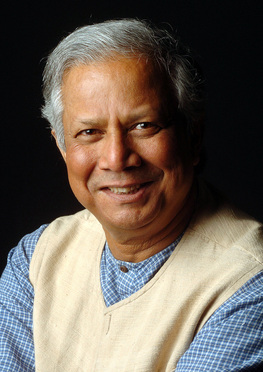 Muhammad Yunus (Deseret News photo) When he arrived in Minnesota — his last stop before coming to Utah this week — Muhammad Yunus came face-to-face with Fahmida Zaman. I imagine it would have been similar to if Henry Ford had met the children of farmers liberated from isolation by the automobile, or if Thomas Edison had looked out an airplane window at the millions of twinkling electric lights of Los Angeles after dark. Economists aren’t supposed to have experiences like this. Zaman is a student at St. Catherine University in Minnesota, but she is a native of Bangladesh. Years ago, her hopelessly impoverished mother received her first tiny unsecured loan from Yunus’ Grameen Bank, which was her first step out of squalor. Now the daughter is on track to earn graduate degrees in politics and economics, after which she hopes to return to  School voucher programs can help African-American students succeed and go on to college. That was the clear finding of newly released study by researchers at Harvard and the Brookings Institution. Don’t look for the public school monopoly to get it, however. (Read the entire study here.) Fifteen years ago, Cardinal John J. O’Connor, Archbishop of New York, issued an invitation (some might call it a challenge) to the chancellor of the New York City public school system to “send the city’s most troubled public school students to Catholic schools.” If the city did so, he said, he would see to it they were educated.
 As a young man, I took an afternoon paper route to earn some spending money. (I’ve now exposed my age — not only do I remember a day when young people delivered newspapers on bicycles, but when there were such things as afternoon papers.) My route had only 34 customers, but that didn’t worry me. Every one of them lived by the Phoenix Country Club, an exclusive Arizona neighborhood of large estates and stately fountains. Although he had since moved, Barry Goldwater had lived there about the time he ran for president. The tips, I told myself, would be enormous.
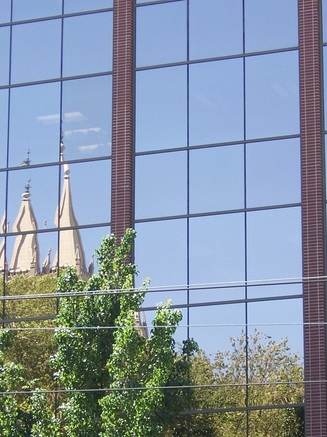 Spires of the Mormon Temple reflected in a nearby building. The spin being cast around the Chronicle of Philanthropy’s latest study on charitable giving is enough to make anyone dizzy. No one likes to be told he or she is selfish, especially in a bad economy. And when facts get in the way of political agendas, well, that can really screw up someone’s day. Actually, the study held few surprises for people who keep track of such things. People in parts of the country in which a greater concentration of religious folks live give much more than those in parts where people are less religious. Conservative states give more than liberal ones. And finally, poor people give more generously than the rich. Households pulling in $50,000 to $75,000 gave an average of 7.6 percent of their discretionary income nationwide, compared with only 4.2 percent on average for those making $100,000 or more.
|
Search this siteLike what you read here? Please subscribe below, and we'll let you know when there is a new opinion.
The author
Jay Evensen is the Opinion Editor of the Deseret News. He has more than 40 years experience as a reporter, editor and editorial writer in Oklahoma, New York City, Las Vegas and Salt Lake City. He also has been an adjunct journalism professor at Brigham Young and Weber State universities. Archives
July 2024
Categories
All
Links
|

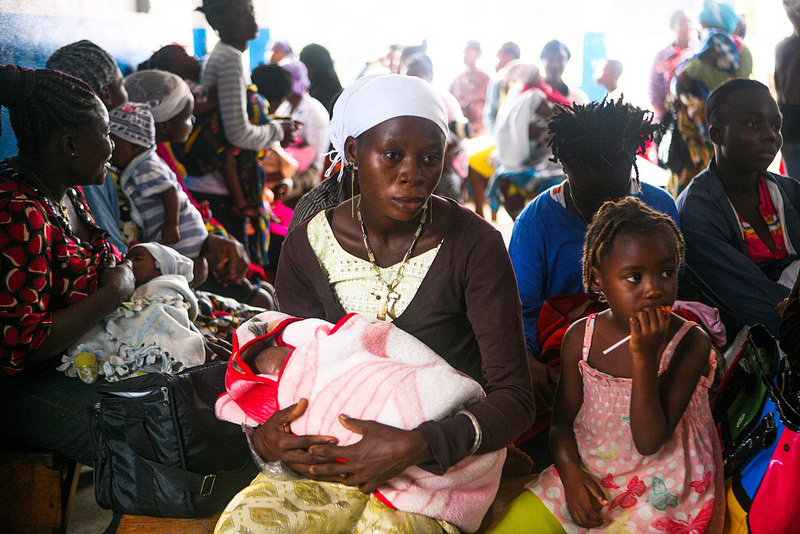
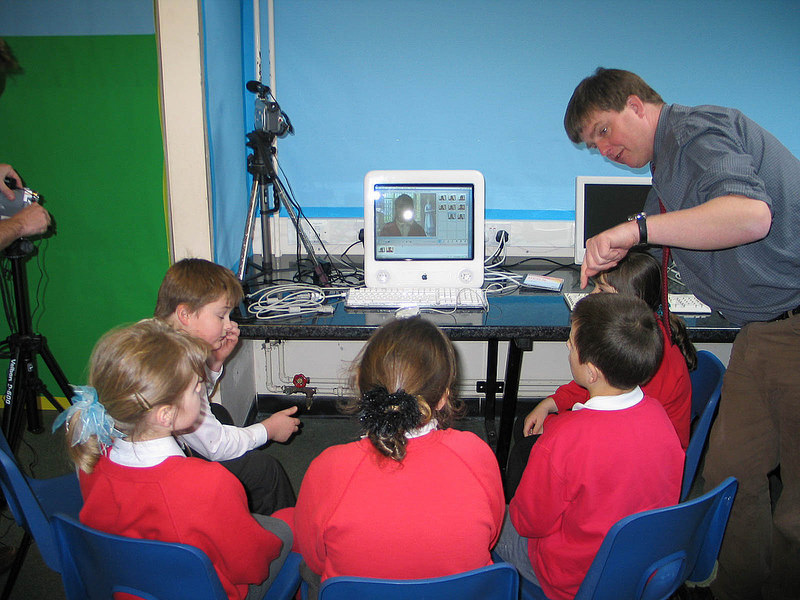

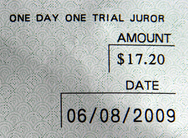
 RSS Feed
RSS Feed

